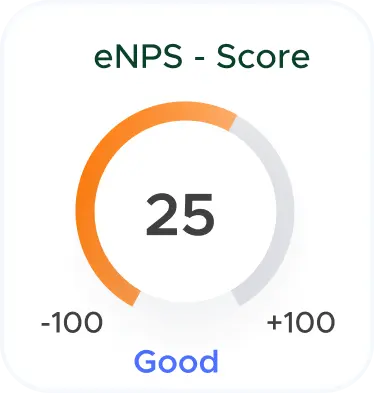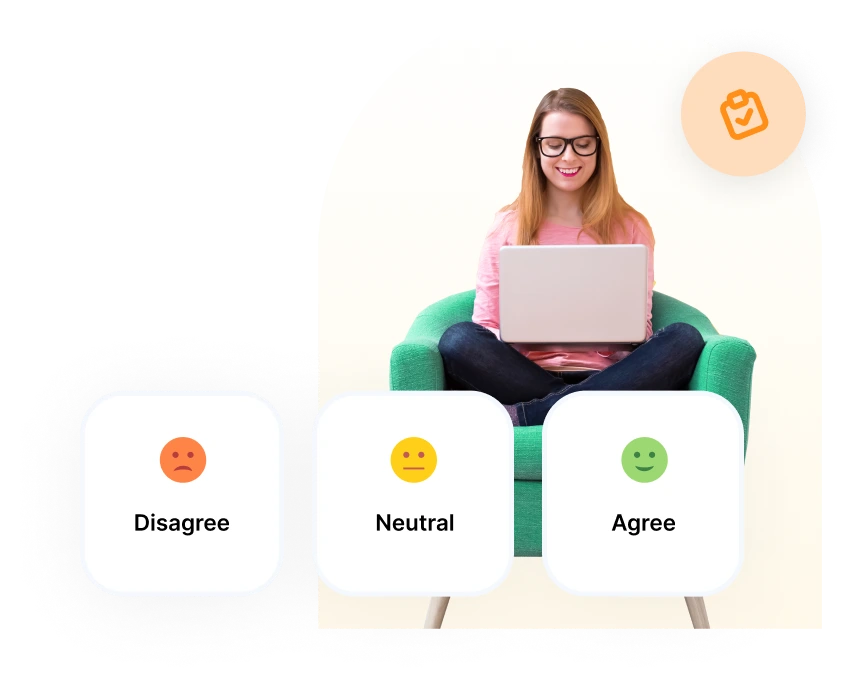✨ لا تفوت الفرصة! سجل في ندوة تقدير الموظفين عبر الإنترنت المقرر عقدها في 29 فبراير. 🎖️
✨ لا تفوت الفرصة! سجل في ندوة تقدير الموظفين عبر الإنترنت المقرر عقدها في 29 فبراير. 🎖️
سجل الآن
The Non-Disclosure Agreement, commonly known as an NDA, serves as a legally binding contract between parties to protect confidential information shared during a business relationship or transaction. It ensures that sensitive information remains confidential and is not disclosed to third parties without authorization.
A non-disclosure agreement (NDA) is a legal contract between at least two parties that outlines confidential material, knowledge, or information that the parties wish to share with one another for certain purposes, but wish to restrict access to or by third parties.
The purpose of a non-disclosure agreement is to protect sensitive information, trade secrets, or proprietary information from being disclosed to unauthorized parties. It establishes a confidential relationship between the parties involved and imposes restrictions on the use and dissemination of the confidential information.
Breaking a non-disclosure agreement can result in legal consequences, including lawsuits for breach of contract and potential damages. The severity of the consequences depends on the terms of the agreement, the nature of the breach, and applicable laws.
A non-disclosure agreement form is a template or standardized document that provides a framework for creating a non-disclosure agreement. These forms typically include blanks or fillable fields where parties can insert specific details relevant to their agreement.
The elements about NDA are:
The confidential information in NDA signify the following:
The obligations of receiving party are:
The obligations of disclosing party are:
Non-disclosure agreements can be enforceable if they meet certain legal requirements, such as clear and specific terms, consideration (something of value exchanged between parties), and compliance with applicable laws. However, enforceability can vary depending on factors such as jurisdiction, the language of the agreement, and the circumstances of the case.
Yes, non-disclosure agreements can expire based on the terms specified within the agreement itself. Typically, NDAs include a duration or expiration date after which the obligations outlined in the agreement no longer apply.
Non-disclosure agreements can generally hold up in court if they are properly drafted, executed, and if the terms are reasonable and lawful. However, enforceability can depend on various factors, including jurisdiction-specific laws and the specific circumstances of the case.
In many cases, individuals may be required to sign non-disclosure agreements as a condition of employment, participation in a business transaction, or access to certain information. However, whether someone can be "forced" to sign depends on the specific circumstances and applicable laws.
Writing a non-disclosure agreement typically involves defining the parties involved, specifying the confidential information covered by the agreement, outlining the purpose of the disclosure, detailing the obligations of the parties, including provisions for duration, exceptions, remedies for breach, and other relevant terms. It's advisable to seek legal assistance to ensure the agreement meets legal requirements and adequately protects the parties' interests.
The duration of non-disclosure agreements varies and depends on the terms negotiated between the parties involved. They can last for a specific period, such as a certain number of years, or they can be indefinite, lasting for as long as the confidential information remains valuable or relevant.
Getting around a non-disclosure agreement would generally involve breaching its terms, which could have legal consequences. It's advisable to seek legal counsel and explore options for renegotiating or terminating the agreement if there are valid reasons for doing so.
Non-disclosure agreements work by establishing a legally binding contract between parties to protect confidential information from being disclosed to unauthorized individuals or entities. They define the scope of the confidential information, the purpose of disclosure, the obligations of the parties, and the consequences of breaching the agreement.

هذه استطلاعات قصيرة يمكن إرسالها بشكل متكرر للتحقق من رأي موظفيك في مشكلة ما بسرعة. يتضمن الاستطلاع عددا أقل من الأسئلة (لا يزيد عن 10) للحصول على المعلومات بسرعة. يمكن أن تدار هذه على فترات منتظمة (شهرية / أسبوعية / ربع سنوية).

يعد عقد اجتماعات دورية لمدة ساعة لإجراء دردشة غير رسمية مع كل عضو في الفريق طريقة ممتازة للحصول على إحساس حقيقي بما يحدث معهم. نظرا لأنها محادثة آمنة وخاصة ، فإنها تساعدك على الحصول على تفاصيل أفضل حول مشكلة ما.

eNPS (نقاط صافي المروج للموظف) هي واحدة من أبسط الطرق الفعالة لتقييم رأي موظفك في شركتك. يتضمن سؤالا مثيرا للاهتمام يقيس الولاء. تتضمن أمثلة أسئلة eNPS: ما مدى احتمال أن توصي بشركتنا للآخرين؟ يستجيب الموظفون لاستطلاع eNPS على مقياس من 1 إلى 10 ، حيث يشير 10 إلى أنهم "من المحتمل جدا" أن يوصوا بالشركة ويشير 1 إلى أنهم "من غير المحتمل للغاية" التوصية بها.
